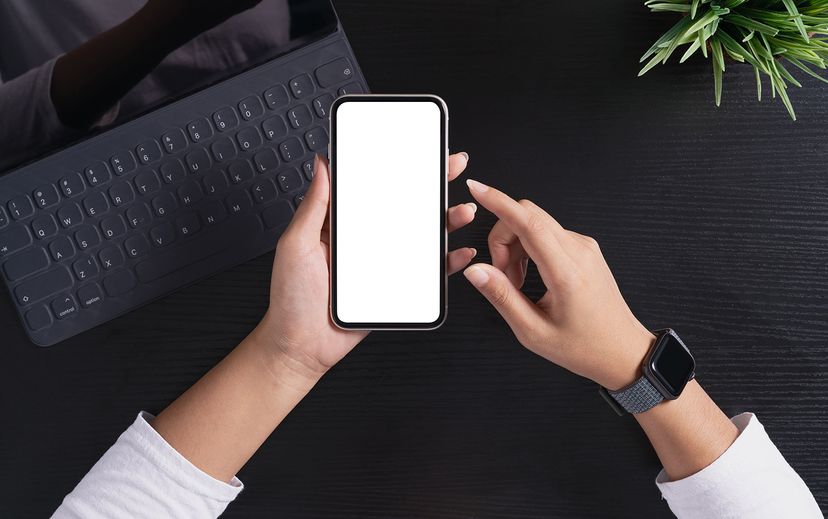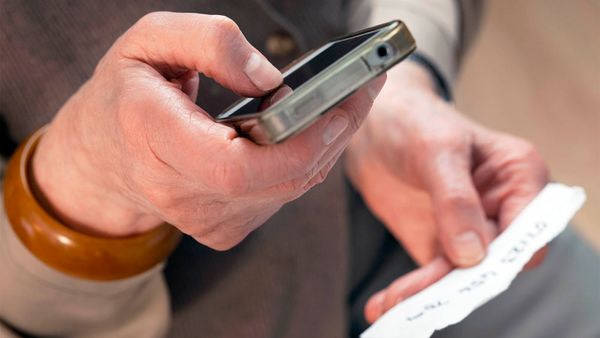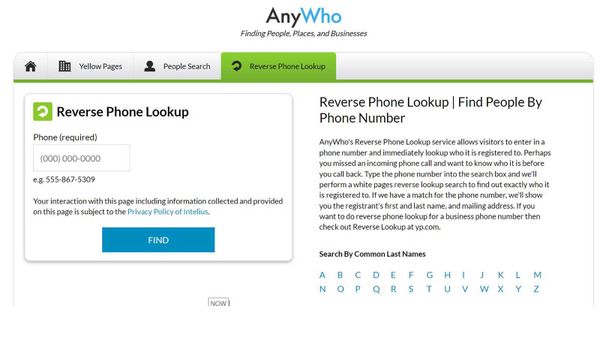Some plans have been proposed to add more digits. A report created by the Alliance For Telecommunications Industry Solutions explained that adding one digit to the area code and one to the dialing prefix would create an additional 640 billion possible numbers. But it would be much easier said than done: Everything formatted for a 10-digit number would have to be altered to work with two extra digits.
Others believe that by the time 10-digit numbers near total exhaustion, the world will have transitioned away from telephony and toward internet-based calling. In that future, it's difficult to believe 10-digit numbers would be anything but obsolete. "One way or another, your phone number will eventually become a coding afterthought," wrote Drew Magary for Vice.
We're certainly not there yet though, says Dick. Phone numbers remain a hot commodity, and the shortage of certain desirable numbers or area codes only serves to increase demand.
"There are certain patterns of numbers that people are trying to purchase," she says. "They're wanting a number that is highly memorable. It just makes for easier marketing."



